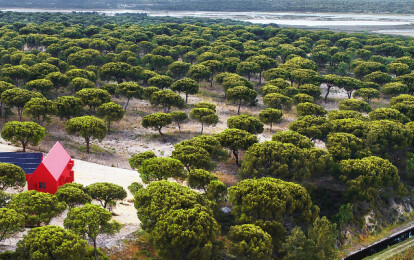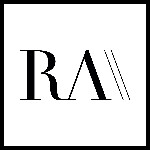The driving focus of the Rebelo de Andrade atelier is the design, development and implementation of projects that articulate the positions of the various interests involved – not always concordant – in the creation of architectural work. This involves respect for the customer’s sovereign desiderata, motivation and expectation nurtured in relation to the final outcome of the awarded project. However, as architecture is an art that to a certain extent is imposed on the public despite its will, national and local rules have been drawn up to minimise the possibility of it negatively influencing the quality of life of those who are exposed to its productions. Likewise, there is also a silent participant – the landscape – that requires thorough understanding and profound respect for its presence and form of manifestation.
The architecture of the Rebelo de Andrade atelier consists of striving to ensure that each project overcomes the existing divergences, delivering the best result possible to the customer, while in this process respecting the underlying rules and complementing the landscape in a harmonious fashion. The architecture of the twenty-first century embodies an ethical obligation to be parsimonious and efficient in the use of materials and energy. With this consideration present at all stages of the project, the Rebelo de Andrade atelier proposes virtuous solutions that favour indigenous materials and sustainability in relation to energy use. Likewise, and in an increasingly hyper-standardised world, respect for history and tradition is a fundamental component in the marking of a singular and distinctive identity. Knowing the place, its stories and the lifestyles of its inhabitants is not an accessory detail, but rather the actual foundation of a building that aspires to survive the inclement scrutiny of the future. In addition to this vertical vision of history and the communities throughout history, a contemporary atelier must be attentive to the world and to its changes, increasingly more sudden and unpredictable, in order to have access to tools that enable it to tackle any project in any place and at any scale. In our progressively crossborder planet, a synoptic vision and a multifaceted team are required, capable of analysing and projecting with a view to the future in order to be able to meet the needs of the present. The difficult task of articulating history and innovation, tradition and ecology, landscape and building is what makes architecture an art of overcoming like no other.
read in









